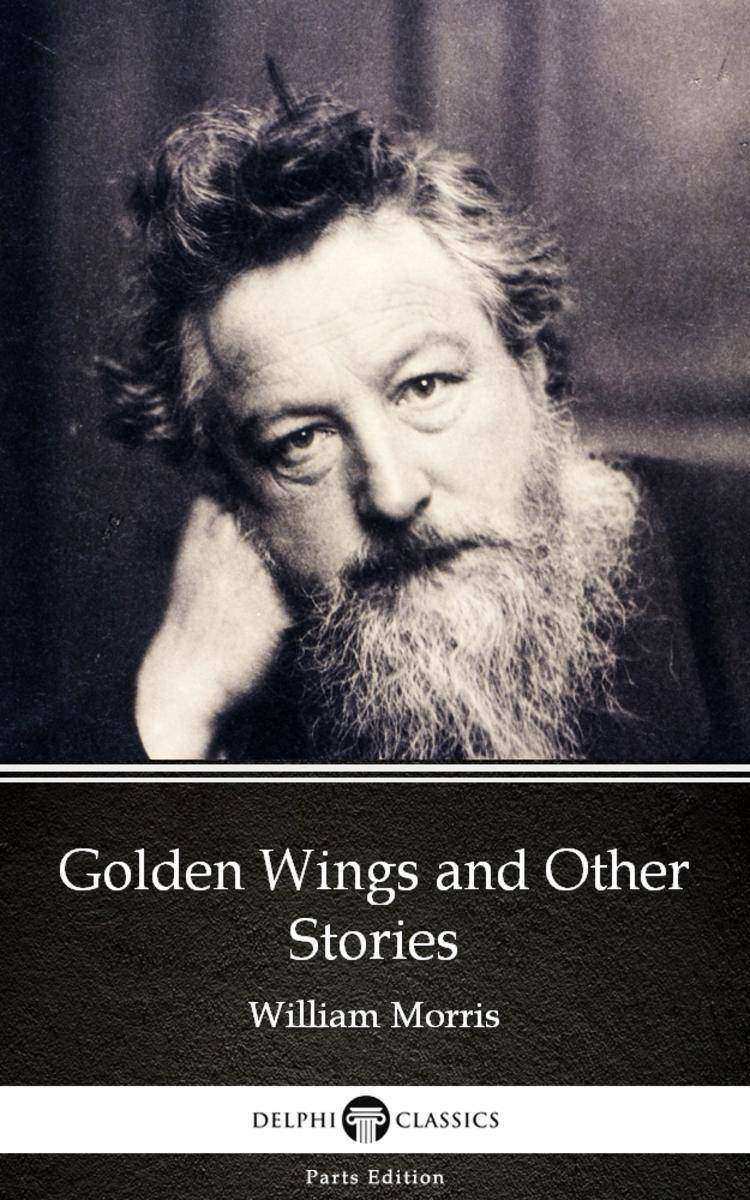
Golden Wings and Other Stories by William Morris - Delphi Classics (Illustrated)
¥8.09
This eBook features the unabridged text of ‘Golden Wings and Other Stories by William Morris - Delphi Classics (Illustrated)’ from the bestselling edition of ‘The Complete Works of William Morris’. Having established their name as the leading publisher of classic literature and art, Delphi Classics produce publications that are individually crafted with superior formatting, while introducing many rare texts for the first time in digital print. The Delphi Classics edition of Morris includes original annotations and illustrations relating to the life and works of the author, as well as individual tables of contents, allowing you to navigate eBooks quickly and easily. eBook features: * The complete unabridged text of ‘Golden Wings and Other Stories by William Morris - Delphi Classics (Illustrated)’ * Beautifully illustrated with images related to Morris’s works * Individual contents table, allowing easy navigation around the eBook * Excellent formatting of the text Please visit www.delphiclassics.com to learn more about our wide range of titles
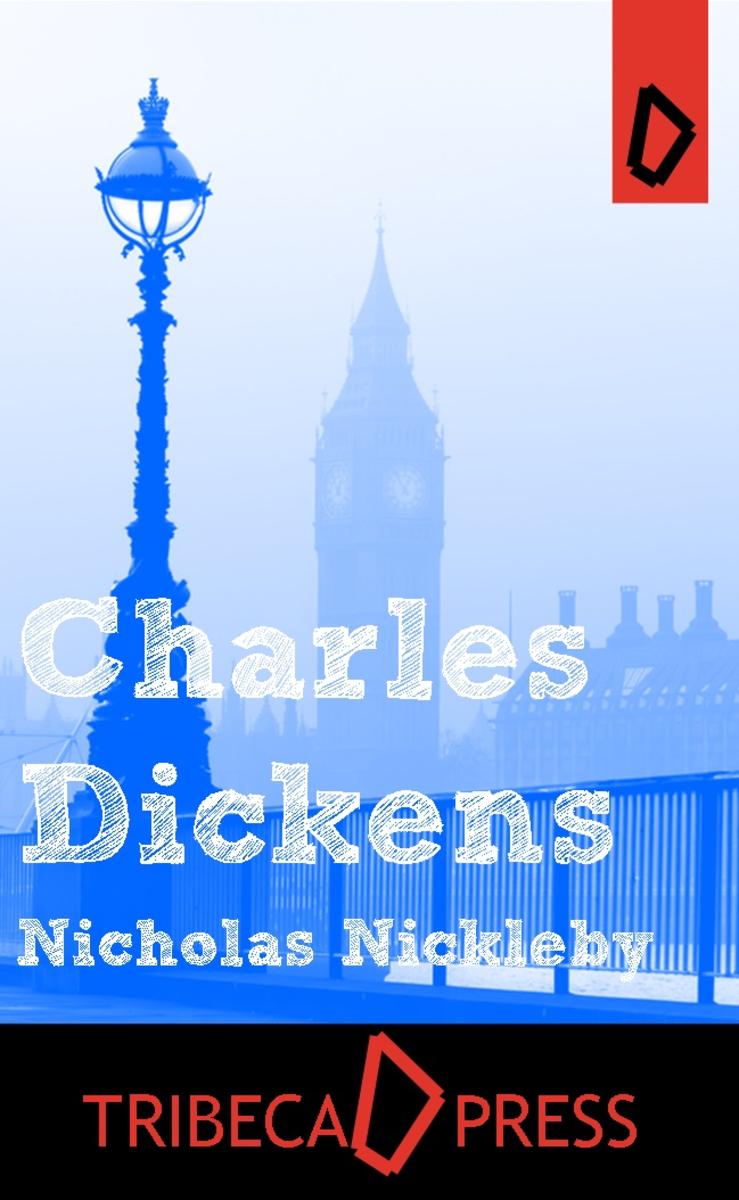
Nicholas Nickleby
¥8.09
This Tribeca Press edition includes the full original text as well as exclusive images exclusive to this edition and an easy to use interactive table of contents.

The Brothers Karamazov
¥8.09
This Tribeca Press edition includes the full original text as well as an easy to use interactive table of contents.

Flappers and Philosophers
¥8.09
This Point Blank Classics edition includes the full original text as well as an easy to use interactive table of contents.
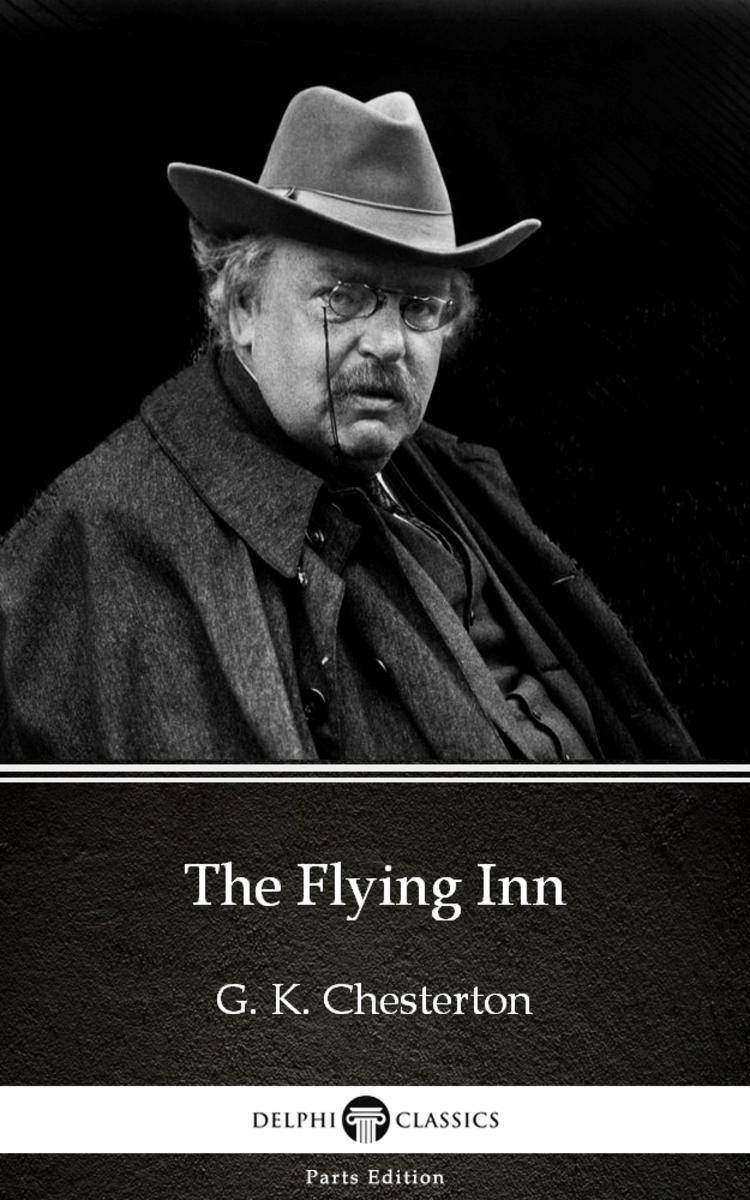
The Flying Inn by G. K. Chesterton (Illustrated)
¥8.09
This eBook features the unabridged text of ‘The Flying Inn’ from the bestselling edition of ‘The Complete Works of G. K. Chesterton’. Having established their name as the leading publisher of classic literature and art, Delphi Classics produce publications that are individually crafted with superior formatting, while introducing many rare texts for the first time in digital print. The Delphi Classics edition of Chesterton includes original annotations and illustrations relating to the life and works of the author, as well as individual tables of contents, allowing you to navigate eBooks quickly and easily.eBook features:* The complete unabridged text of ‘The Flying Inn’* Beautifully illustrated with images related to Chesterton’s works* Individual contents table, allowing easy navigation around the eBook* Excellent formatting of the textPlease visit www.delphiclassics.com to learn more about our wide range of titles
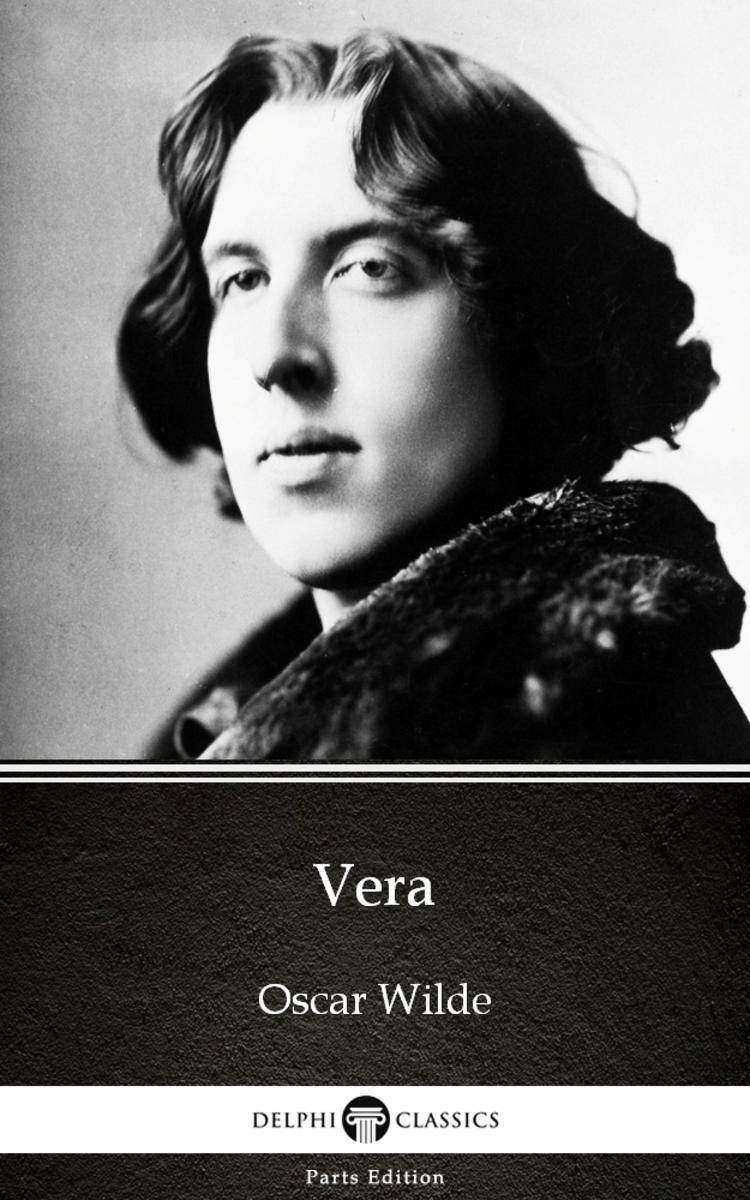
Vera by Oscar Wilde (Illustrated)
¥8.09
This eBook features the unabridged text of ‘Vera’ from the bestselling edition of ‘The Complete Works of Oscar Wilde’. Having established their name as the leading publisher of classic literature and art, Delphi Classics produce publications that are individually crafted with superior formatting, while introducing many rare texts for the first time in digital print. The Delphi Classics edition of Wilde includes original annotations and illustrations relating to the life and works of the author, as well as individual tables of contents, allowing you to navigate eBooks quickly and easily.eBook features:* The complete unabridged text of ‘Vera’* Beautifully illustrated with images related to Wilde’s works* Individual contents table, allowing easy navigation around the eBook* Excellent formatting of the textPlease visit www.delphiclassics.com to learn more about our wide range of titles
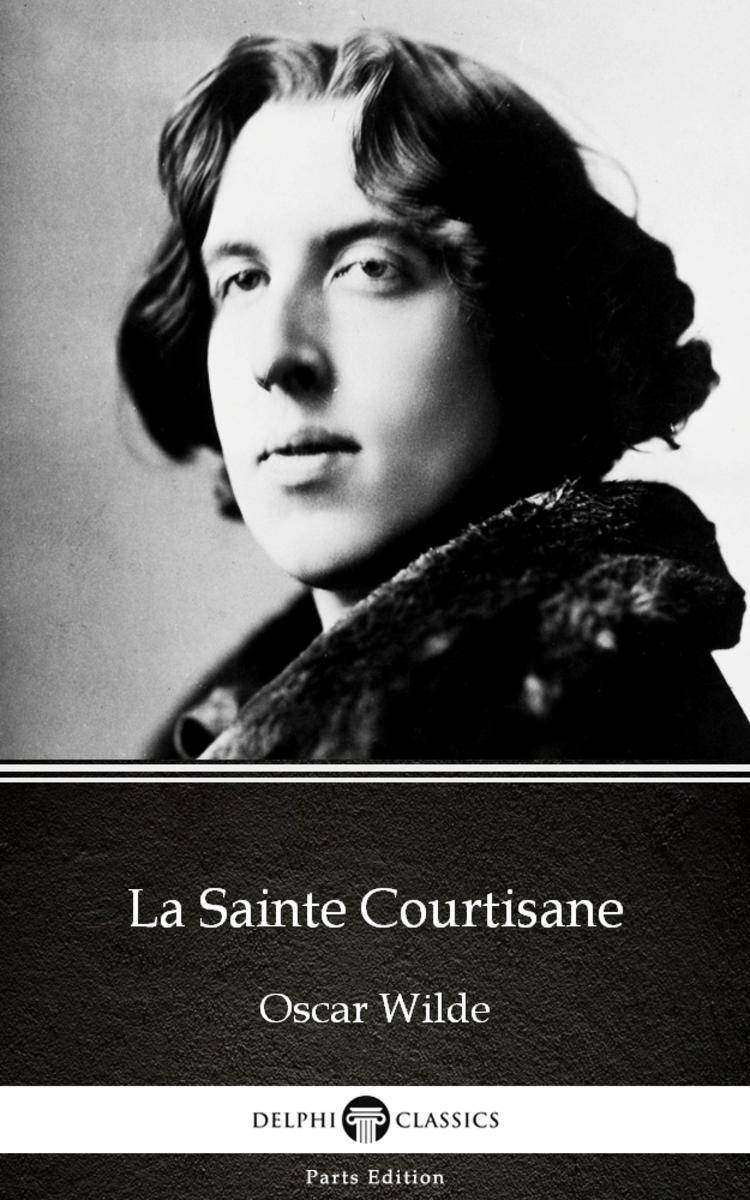
La Sainte Courtisane by Oscar Wilde (Illustrated)
¥8.09
This eBook features the unabridged text of ‘La Sainte Courtisane’ from the bestselling edition of ‘The Complete Works of Oscar Wilde’. Having established their name as the leading publisher of classic literature and art, Delphi Classics produce publications that are individually crafted with superior formatting, while introducing many rare texts for the first time in digital print. The Delphi Classics edition of Wilde includes original annotations and illustrations relating to the life and works of the author, as well as individual tables of contents, allowing you to navigate eBooks quickly and easily.eBook features:* The complete unabridged text of ‘La Sainte Courtisane’* Beautifully illustrated with images related to Wilde’s works* Individual contents table, allowing easy navigation around the eBook* Excellent formatting of the textPlease visit www.delphiclassics.com to learn more about our wide range of titles
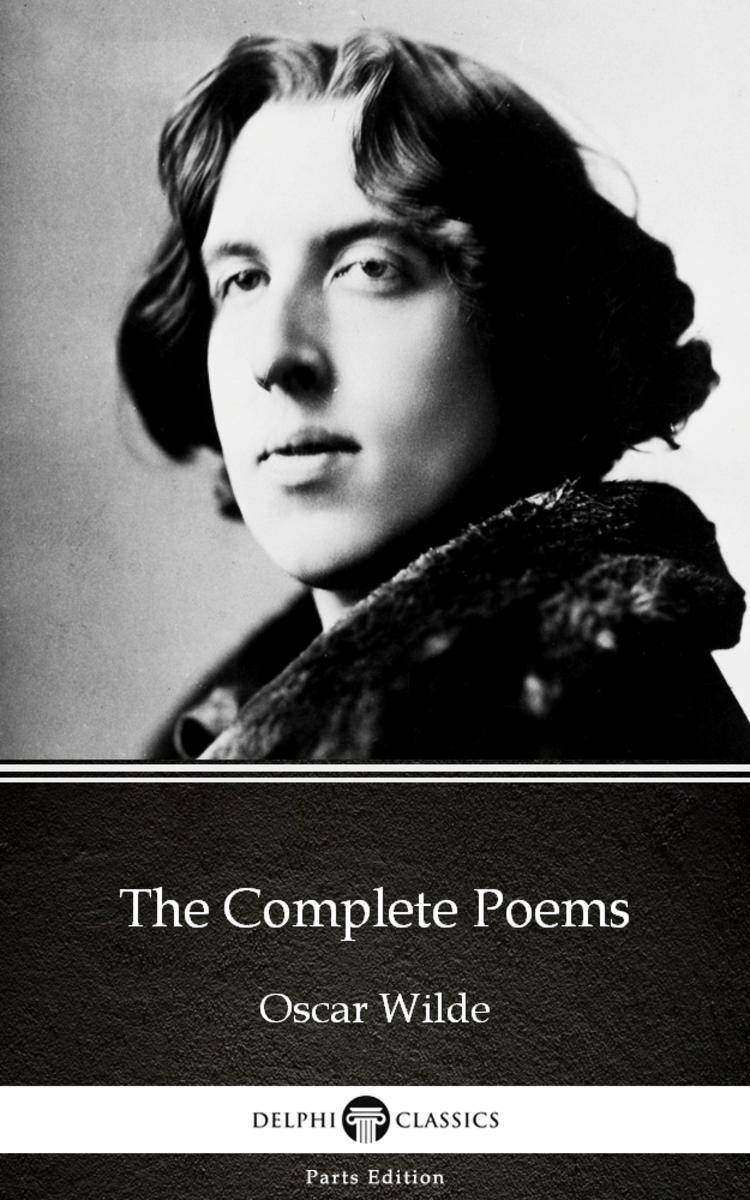
The Complete Poems by Oscar Wilde (Illustrated)
¥8.09
This eBook features the unabridged text of ‘The Complete Poems’ from the bestselling edition of ‘The Complete Works of Oscar Wilde’. Having established their name as the leading publisher of classic literature and art, Delphi Classics produce publications that are individually crafted with superior formatting, while introducing many rare texts for the first time in digital print. The Delphi Classics edition of Wilde includes original annotations and illustrations relating to the life and works of the author, as well as individual tables of contents, allowing you to navigate eBooks quickly and easily.eBook features:* The complete unabridged text of ‘The Complete Poems’* Beautifully illustrated with images related to Wilde’s works* Individual contents table, allowing easy navigation around the eBook* Excellent formatting of the textPlease visit www.delphiclassics.com to learn more about our wide range of titles
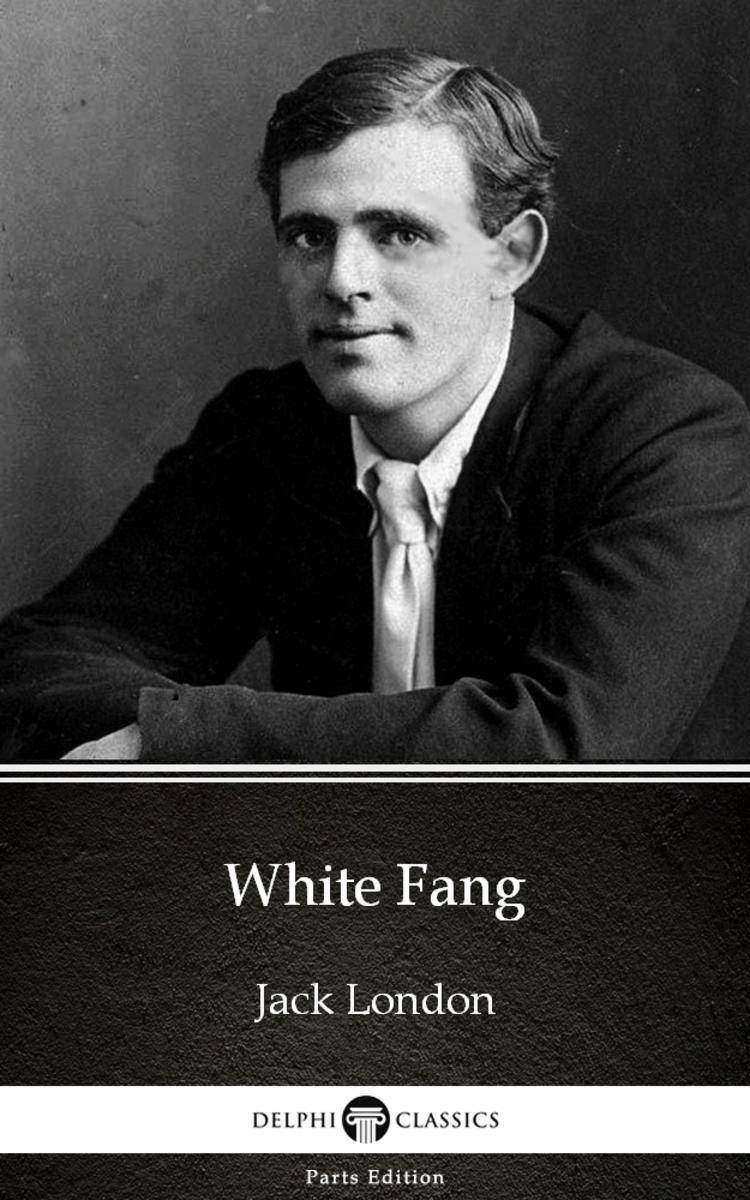
White Fang by Jack London (Illustrated)
¥8.09
This eBook features the unabridged text of ‘White Fang’ from the bestselling edition of ‘The Complete Works of Jack London’. Having established their name as the leading publisher of classic literature and art, Delphi Classics produce publications that are individually crafted with superior formatting, while introducing many rare texts for the first time in digital print. The Delphi Classics edition of London includes original annotations and illustrations relating to the life and works of the author, as well as individual tables of contents, allowing you to navigate eBooks quickly and easily.eBook features:* The complete unabridged text of ‘White Fang’* Beautifully illustrated with images related to London’s works* Individual contents table, allowing easy navigation around the eBook* Excellent formatting of the textPlease visit www.delphiclassics.com to learn more about our wide range of titles
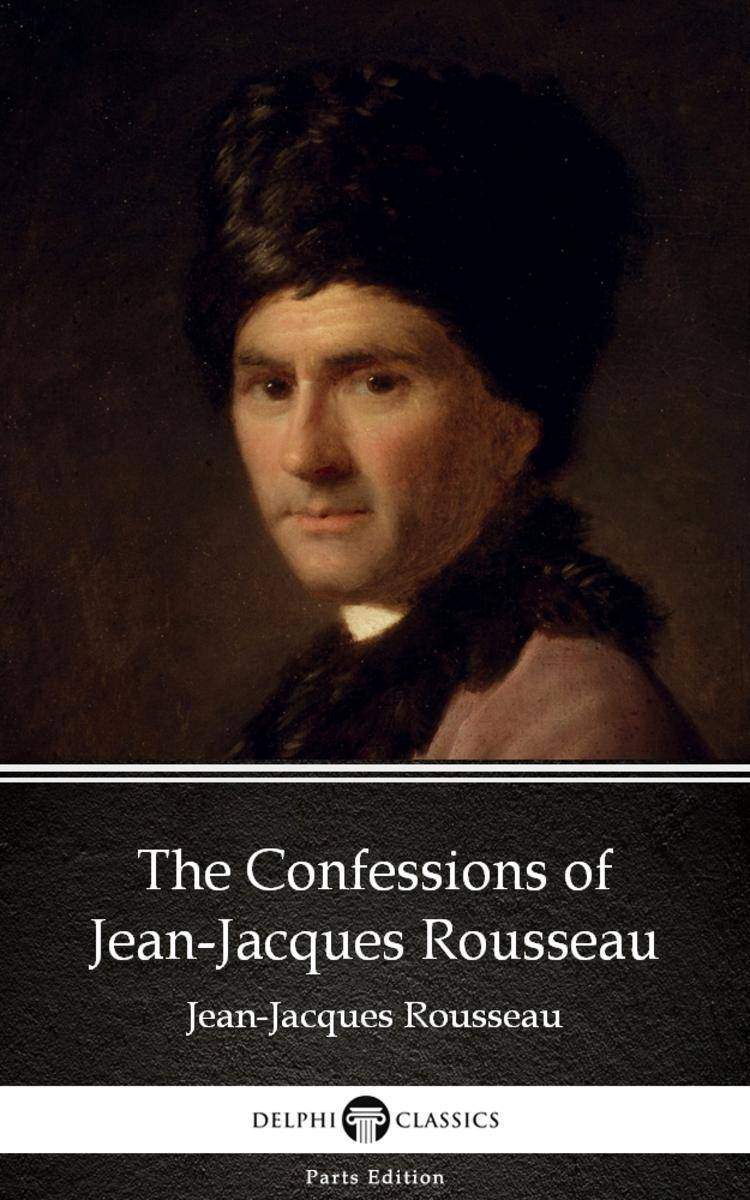
The Confessions of Jean-Jacques Rousseau by Jean-Jacques Rousseau (Illustrated)
¥8.09
This eBook features the unabridged text of ‘The Confessions of Jean-Jacques Rousseau’ from the bestselling edition of ‘The Collected Works of Jean-Jacques Rousseau’. Having established their name as the leading publisher of classic literature and art, Delphi Classics produce publications that are individually crafted with superior formatting, while introducing many rare texts for the first time in digital print. The Delphi Classics edition of Rousseau includes original annotations and illustrations relating to the life and works of the author, as well as individual tables of contents, allowing you to navigate eBooks quickly and easily.eBook features:* The complete unabridged text of ‘The Confessions of Jean-Jacques Rousseau’* Beautifully illustrated with images related to Rousseau’s works* Individual contents table, allowing easy navigation around the eBook* Excellent formatting of the textPlease visit www.delphiclassics.com to learn more about our wide range of titles
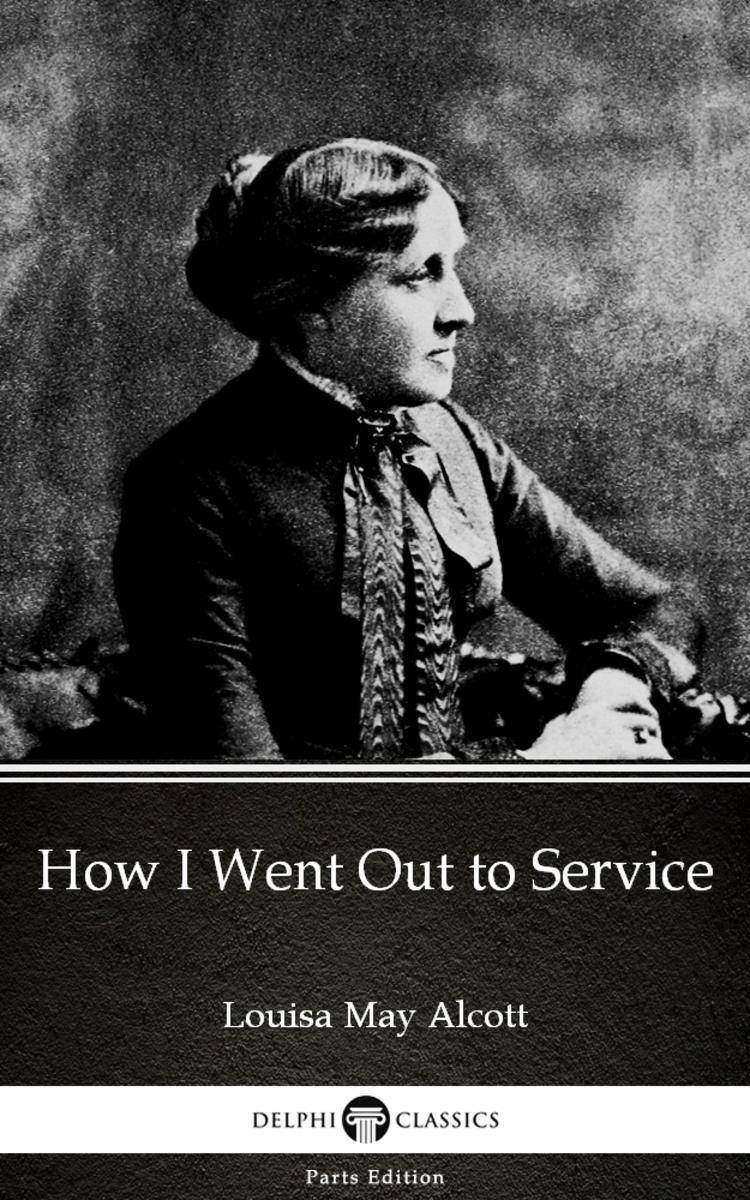
How I Went Out to Service by Louisa May Alcott (Illustrated)
¥8.09
This eBook features the unabridged text of ‘How I Went Out to Service’ from the bestselling edition of ‘The Complete Works of Louisa May Alcott’. Having established their name as the leading publisher of classic literature and art, Delphi Classics produce publications that are individually crafted with superior formatting, while introducing many rare texts for the first time in digital print. The Delphi Classics edition of Alcott includes original annotations and illustrations relating to the life and works of the author, as well as individual tables of contents, allowing you to navigate eBooks quickly and easily.eBook features:* The complete unabridged text of ‘How I Went Out to Service’* Beautifully illustrated with images related to Alcott’s works* Individual contents table, allowing easy navigation around the eBook* Excellent formatting of the textPlease visit www.delphiclassics.com to learn more about our wide range of titles
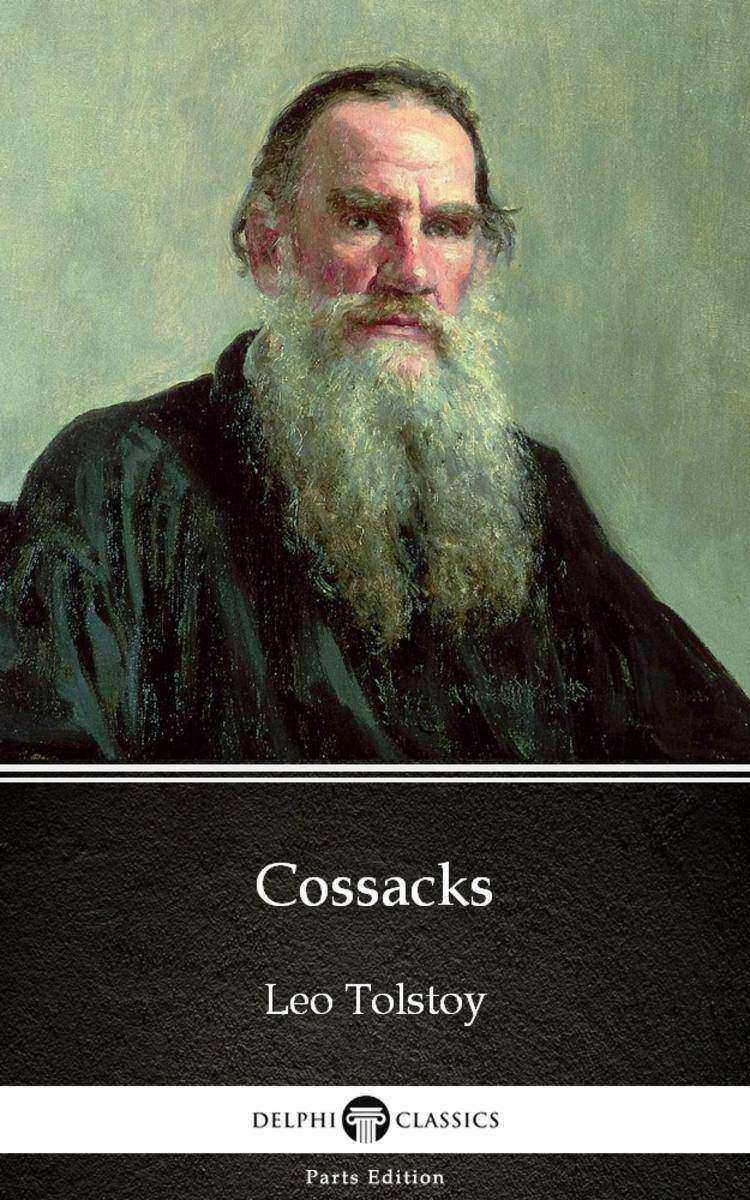
Cossacks by Leo Tolstoy (Illustrated)
¥8.09
This eBook features the unabridged text of ‘Cossacks’ from the bestselling edition of ‘The Complete Works of Leo Tolstoy’. Having established their name as the leading publisher of classic literature and art, Delphi Classics produce publications that are individually crafted with superior formatting, while introducing many rare texts for the first time in digital print. The Delphi Classics edition of Tolstoy includes original annotations and illustrations relating to the life and works of the author, as well as individual tables of contents, allowing you to navigate eBooks quickly and easily.eBook features:* The complete unabridged text of ‘Cossacks’* Beautifully illustrated with images related to Tolstoy’s works* Individual contents table, allowing easy navigation around the eBook* Excellent formatting of the textPlease visit www.delphiclassics.com to learn more about our wide range of titles
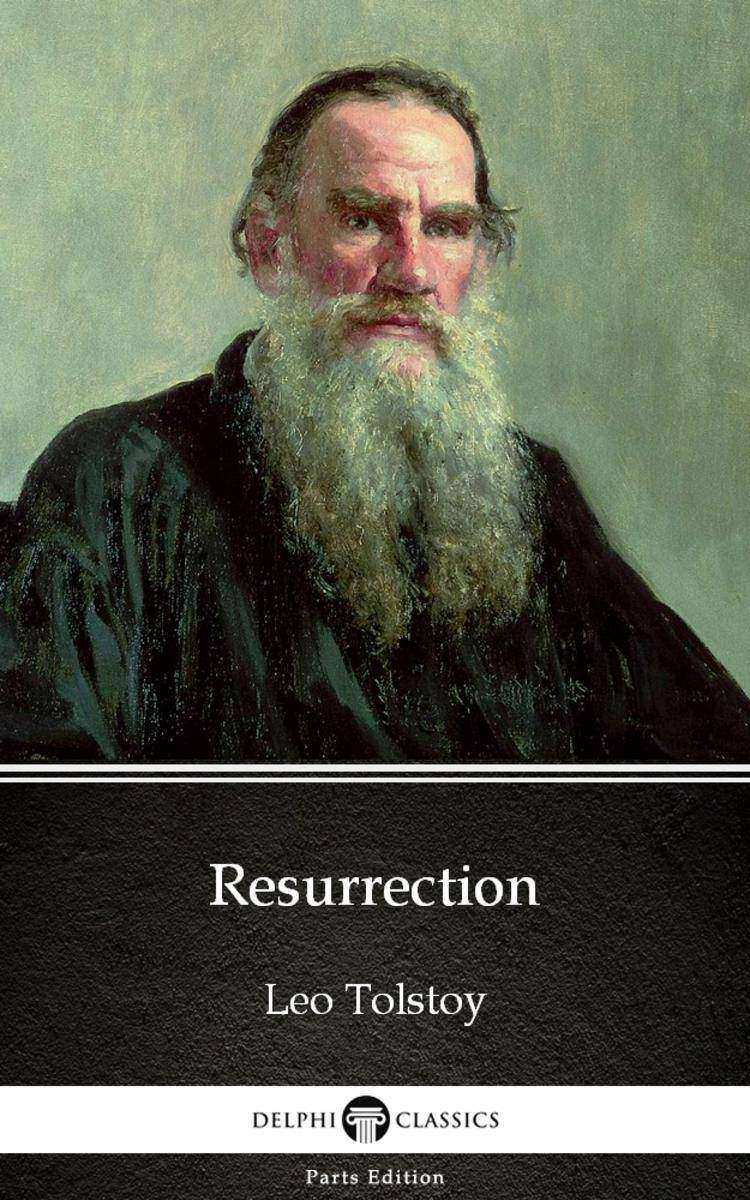
Resurrection by Leo Tolstoy (Illustrated)
¥8.09
This eBook features the unabridged text of ‘Resurrection’ from the bestselling edition of ‘The Complete Works of Leo Tolstoy’. Having established their name as the leading publisher of classic literature and art, Delphi Classics produce publications that are individually crafted with superior formatting, while introducing many rare texts for the first time in digital print. The Delphi Classics edition of Tolstoy includes original annotations and illustrations relating to the life and works of the author, as well as individual tables of contents, allowing you to navigate eBooks quickly and easily.eBook features:* The complete unabridged text of ‘Resurrection’* Beautifully illustrated with images related to Tolstoy’s works* Individual contents table, allowing easy navigation around the eBook* Excellent formatting of the textPlease visit www.delphiclassics.com to learn more about our wide range of titles
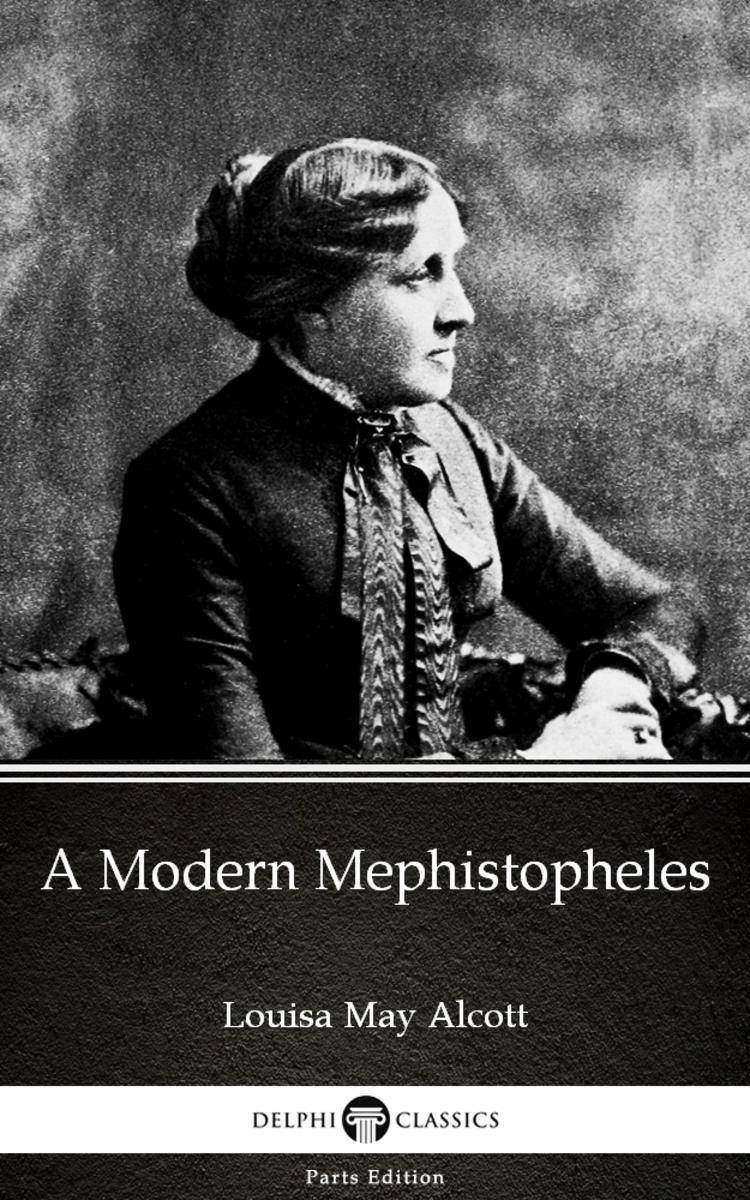
A Modern Mephistopheles by Louisa May Alcott (Illustrated)
¥8.09
This eBook features the unabridged text of ‘A Modern Mephistopheles’ from the bestselling edition of ‘The Complete Works of Louisa May Alcott’. Having established their name as the leading publisher of classic literature and art, Delphi Classics produce publications that are individually crafted with superior formatting, while introducing many rare texts for the first time in digital print. The Delphi Classics edition of Alcott includes original annotations and illustrations relating to the life and works of the author, as well as individual tables of contents, allowing you to navigate eBooks quickly and easily.eBook features:* The complete unabridged text of ‘A Modern Mephistopheles’* Beautifully illustrated with images related to Alcott’s works* Individual contents table, allowing easy navigation around the eBook* Excellent formatting of the textPlease visit www.delphiclassics.com to learn more about our wide range of titles
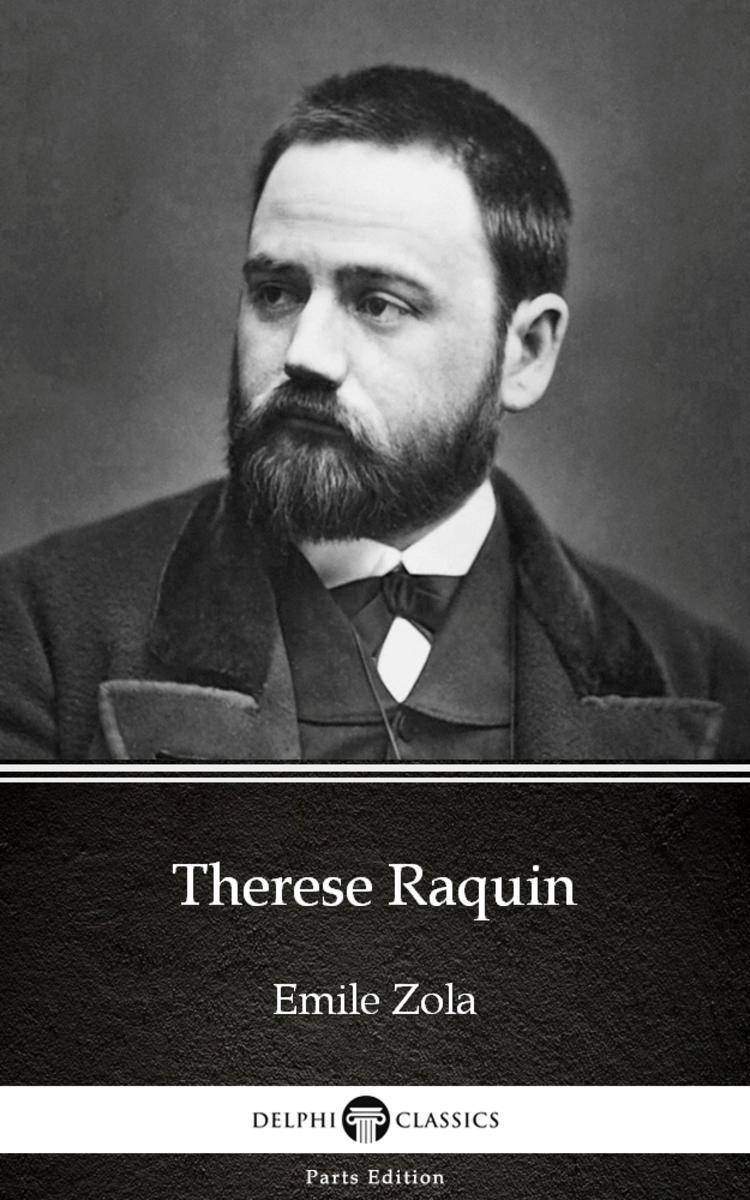
Therese Raquin by Emile Zola (Illustrated)
¥8.09
This eBook features the unabridged text of ‘Therese Raquin’ from the bestselling edition of ‘The Complete Works of Emile Zola’. Having established their name as the leading publisher of classic literature and art, Delphi Classics produce publications that are individually crafted with superior formatting, while introducing many rare texts for the first time in digital print. The Delphi Classics edition of Zola includes original annotations and illustrations relating to the life and works of the author, as well as individual tables of contents, allowing you to navigate eBooks quickly and easily.eBook features:* The complete unabridged text of ‘Therese Raquin’* Beautifully illustrated with images related to Zola’s works* Individual contents table, allowing easy navigation around the eBook* Excellent formatting of the textPlease visit www.delphiclassics.com to learn more about our wide range of titles
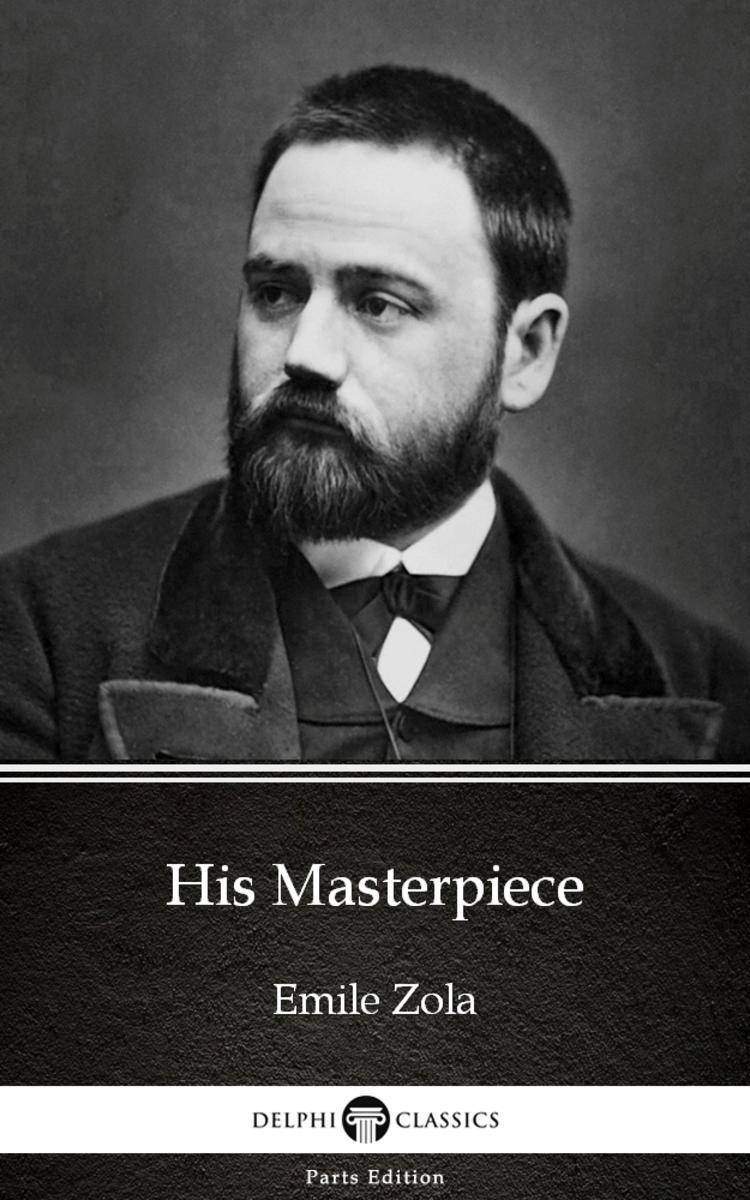
His Masterpiece by Emile Zola (Illustrated)
¥8.09
This eBook features the unabridged text of ‘His Masterpiece’ from the bestselling edition of ‘The Complete Works of Emile Zola’. Having established their name as the leading publisher of classic literature and art, Delphi Classics produce publications that are individually crafted with superior formatting, while introducing many rare texts for the first time in digital print. The Delphi Classics edition of Zola includes original annotations and illustrations relating to the life and works of the author, as well as individual tables of contents, allowing you to navigate eBooks quickly and easily.eBook features:* The complete unabridged text of ‘His Masterpiece’* Beautifully illustrated with images related to Zola’s works* Individual contents table, allowing easy navigation around the eBook* Excellent formatting of the textPlease visit www.delphiclassics.com to learn more about our wide range of titles
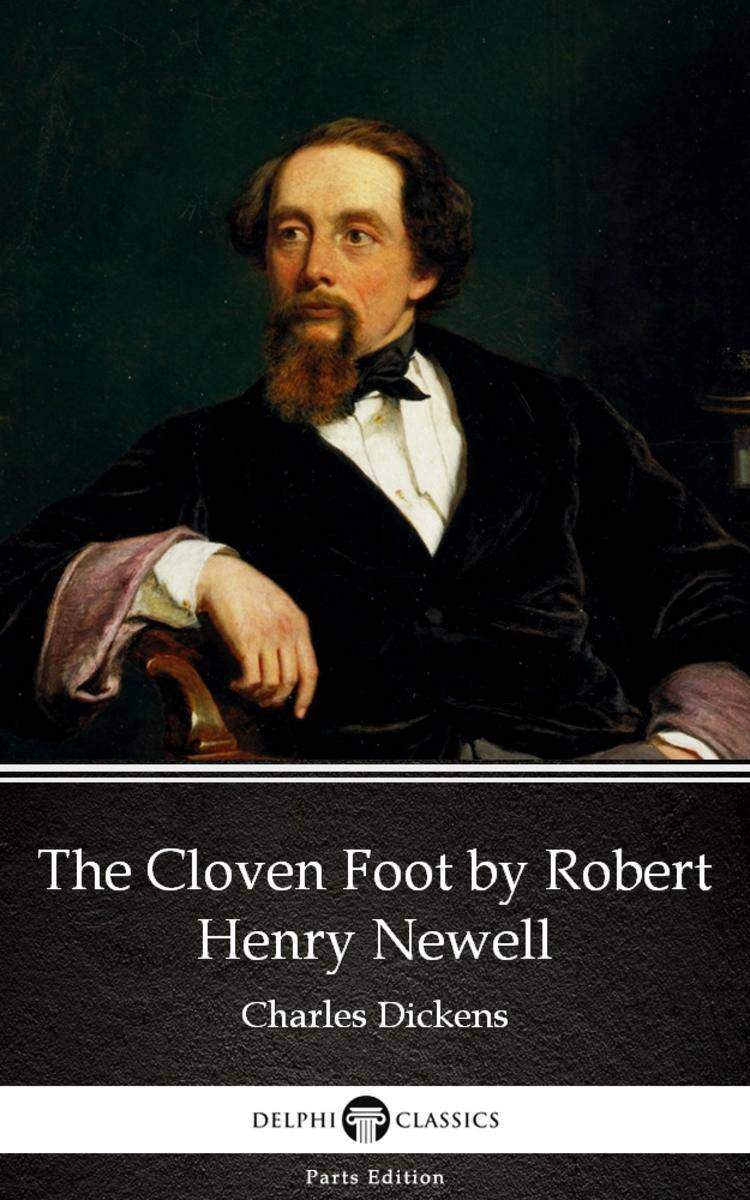
The Cloven Foot by Robert Henry Newell (Illustrated)
¥8.09
This eBook features the unabridged text of ‘The Cloven Foot by Robert Henry Newell’ from the bestselling edition of ‘The Complete Works of Charles Dickens’. Having established their name as the leading publisher of classic literature and art, Delphi Classics produce publications that are individually crafted with superior formatting, while introducing many rare texts for the first time in digital print. The Delphi Classics edition of Dickens includes original annotations and illustrations relating to the life and works of the author, as well as individual tables of contents, allowing you to navigate eBooks quickly and easily.eBook features:* The complete unabridged text of ‘The Cloven Foot by Robert Henry Newell’* Beautifully illustrated with images related to Dickens’s works* Individual contents table, allowing easy navigation around the eBook* Excellent formatting of the textPlease visit www.delphiclassics.com to learn more about our wide range of titles

The War-Workers
¥8.09
Set during World War I England, this story centers on a Lady Vivian, a 29-year-old woman who goes to great lengths to secure admiration for her selfless devotion to her war work managing a supply depot and other war service organizations in her region. Though projecting an image of herself as extremely efficient, her refusal to delegate and desire for control creates obstacles for others and great deals of unnecessary work for herself and staff. Her staff of about three-dozen women initially admire her greatly, but with the arrival of a well-bred young lady from Wales, the irritated expostulations of the neighborhood doctor, and a few heartless actions of her own, this view changes (except among her two most devoted allies).?
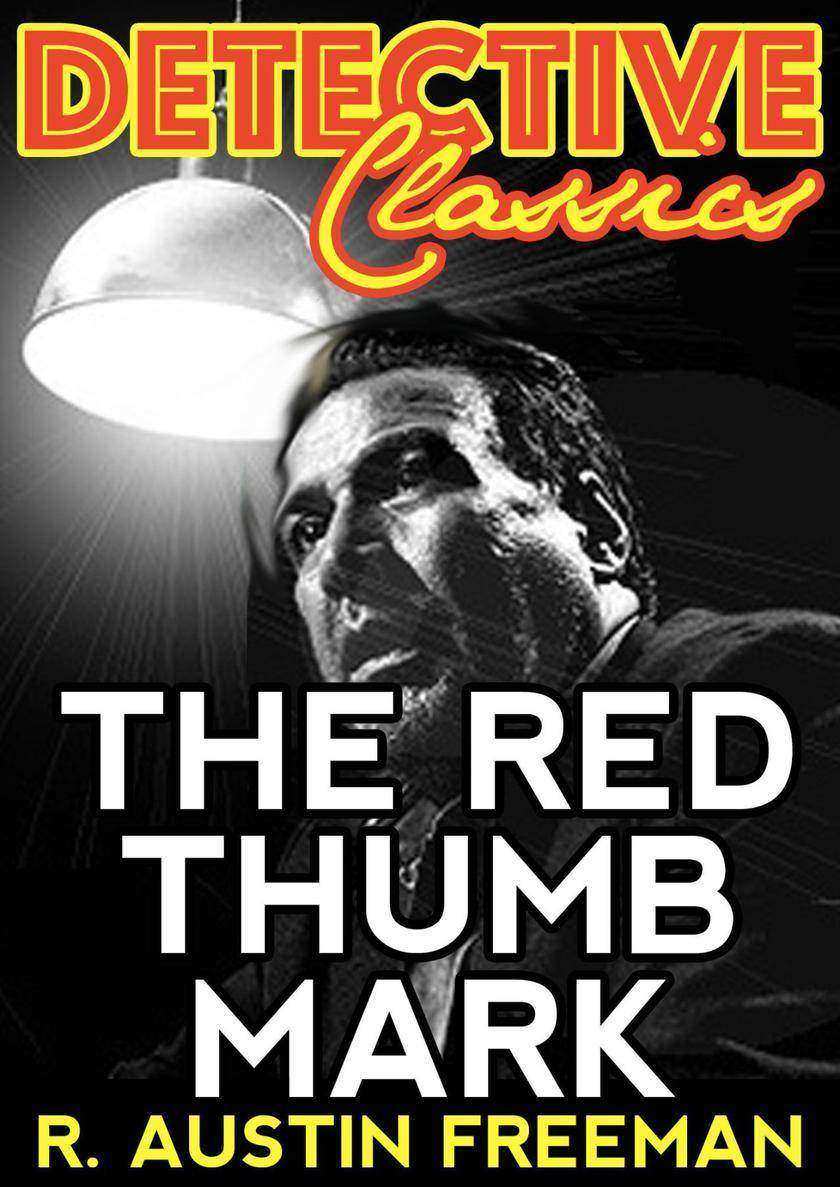
The Red Thumb Mark
¥8.09
Fingerprints. A single print, being unique - not even identical twins have the same fingerprints - that single print found in the right place at the right time is sufficient to disclose the perpetrator of a crime. ? Actually, there are those who claim that identifying and matching fingerprints is not sufficiently scientific and so the fingerprint doesn't carry the weight in court that it did only a decade ago. DNA is now the sexy evidence. ? In The Red Thumbmark by R Austin Freeman, published in 1907, a single fingerprint is found at the scene of a crime. When the police are able to identify that fingerprint, the case seems closed. ? But Dr Thorndyke, the detective/barrister/medical doctor who takes on defense of this suspect, thinks he can disprove the prosecution's case, based on that same fingerprint. ? It does not take Dr Thorndyke to figure out who the criminal is. The mystery in this wonderful detective tale is who the lovely heroine is in love with. The answer may surprise you.
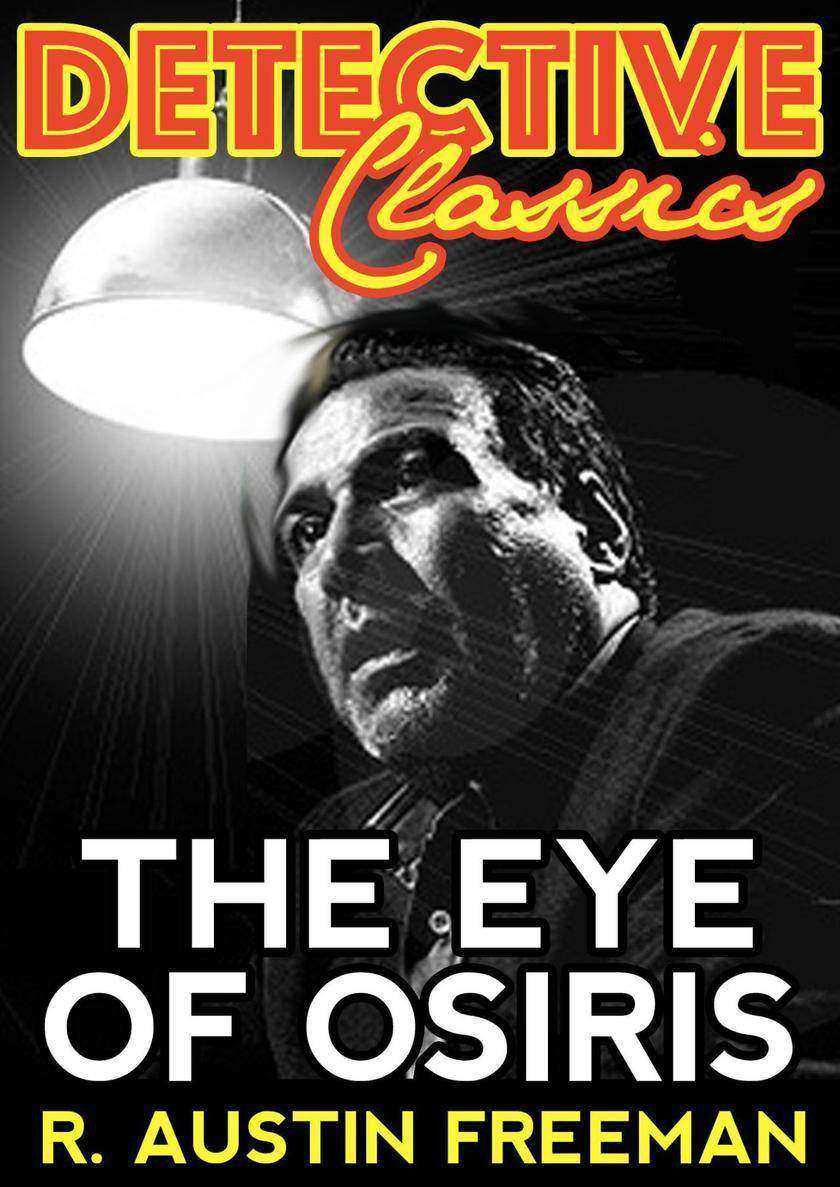
The Eye Of Osiris
¥8.09
Detective Classics presents you The Eye of Osiris in a fantastic ebook edition. ? John Bellingham is a world-renowned archaeologist who goes missing mysteriously after returning from a voyage to Egypt where fabulous treasures have been uncovered. Bellingham seems to have disappeared leaving clues, which lead all those hunting down blind alleys. But when the piercing perception of the brilliant Dr Thorndyke is brought to bear on the mystery, the search begins for a man tattooed with the Eye of Osiris in this strange, tantalisingly enigmatic tale. ? R. Austin Freeman is the doyen of the scientific division of detective writing, is best known for his character Dr John Thorndyke. A close and careful investigator and the outstanding medical authority in the field of detective fiction, R. Austin Freeman not only tested the wits of the reader but also inspired many modern detective forensic methods. Much of his long life was spent as a physician and surgeon at the Middlesex Hospital, London. He also held posts in West Africa and later was a medical officer at Holloway Prison. The most famous of the Edwardian detective writers, he rescued the detective story from "thrillerdom" and made it acceptable to a more discerning class of reader.

The Brooch:A Short Story
¥8.09
Michael Lim has a secret, one that he cannot tell anyone, even his wife. But how long can he keep it, and how will his wife react when she finds out? Grace Lim cares about expensive things and outdoing her neighbours. Her husband's secret can destroy her perfect world. Will she find out his secret, and will their marriage survive?




 购物车
购物车 个人中心
个人中心



